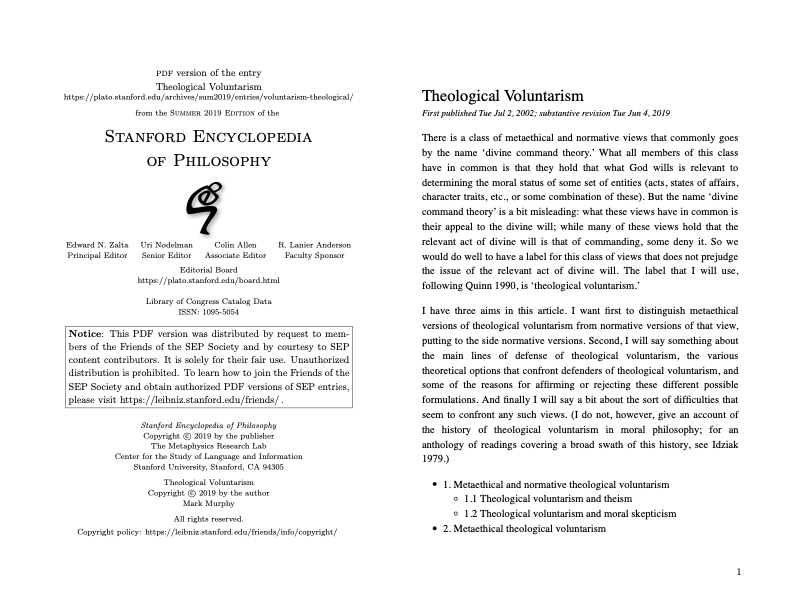For the most part, The Wire (2002-2008) has been embraced by educators for its realism, for the way that it shows in almost journalistic detail the effects of the war on drugs on inner city life, deindustrialization on the working class, and underfunded schools on children growing up in the projects. These are all aspects of life absent from television, and the show has been embraced for its ability to depict aspects of urban life that are invisible. However, there is one important scene from The Wire that is less a journalistic exploration of reality than a philosophical reflection of how people endure that, or any, reality.
In the third episode of the first season, two low-level dealers in the Barksdale gang, Wallace and Bodie Broadus, are dealing with a slow day by playing checkers with a chess set. Their supervisor, D’Angelo Barksdale, sees them and mocks them for playing checkers with a chess set. He offers to teach them chess, the better game, explaining the functions of each piece. As he explains each piece, his audience, Bodie and Wallace, draw analogies to the Barksdale gang and their world. The King is compared to Avon Barksdale, the often invisible kingpin of the gang, and the Queen is compared to Stringer Bell, his ruthless enforcer. It is when they get to pawns that things get interesting. D’Angelo insists that pawns are just that—pawns. They are mainly sacrificed and “get capped early.” Bodie insists that a pawn could make it to the other end of the board and become a queen. D’Angelo points out that this is not the object of the game, and for the most part, the pieces stay what they are, “the king stays king.” Bodie insists that a “smart ass pawn” could not only survive the game, but rise through the ranks to become queen.
When teaching, I have used this scene to illustrate Louis Althusser’s concept of ideology. In his famous essay “Ideology and Ideological State Apparatuses: Notes Towards an Investigation,” Althusser argues that Marx’s theory of ideology, which only really received cursory definition as ‘the ruling ideas are the ideas of the ruling class,’ needs to be clarified and expanded. First, there is a matter of clarifying what ideology does, ideology reproduces the relations of production. It keeps people coming back to work each day. Second, there is a matter of how ideology functions, which Althusser defines in two theses:
- Ideology represents an imaginary relationship of individuals to their real conditions of existence, and
- Ideology interpellates individuals as subjects.
Both of these theses can be illustrated with this scene from The Wire. D’Angelo explains that the game of chess is inherently hierarchical; the goal is to protect the king, and by extension, this is the same way that the gang works. Underlings may risk arrest and violence selling on the streets, but high-up leaders never risk their lives. Bodie has an imaginary relation to his real conditions of existence: his real conditions are to be a pawn in a violent and powerful organization aimed at protecting those at the top of the organization, but he sees a path to make it to the top. This imaginary relation is sustained by his belief that he is “a smart ass pawn”—that he has the knowledge and ability to make it to the top. In other words, he is interpellated as a subject. In this case, a subject is one who believes that their individual qualities, their knowledge and intentions, are more important in determining their fate and position than the institutions or structures that they are situated in. These two theses, the imaginary relation and the idea of the subject, are then corollaries of each other, two sides of the same relation. It is worth noting here that in season four of the show, Bodie comes to recognize the other, dominant meaning of the word pawn before he is “capped.”
It is always easier for us to see the ideological fallacies of others, and most watching the show will recognize how foolish Bodie is in his belief in meritocratic rise in a violent world. Such a misplaced belief is not just a matter of the hierarchical and violent world of drug gangs. I would argue, following Althusser, that in capitalist society, a society structured both by hierarchy of class, and an ideology of individual achievement, we all believe ourselves to be “smart ass pawns.” We all know on some level that for the most part the rich stay the rich, passing on their wealth to family members, and pawns never advance beyond pawns, but our imaginary relation to these real conditions, our belief that we are subjects, leads us to overestimate our ability to make it to the other end of the board. Case in point: For years as an undergraduate and in graduate school, I was warned of the shrinking job prospects in academia. Adjuncts were being hired to replace full-time faculty, leading to fewer jobs overall. I was told this, but I believed myself to be a “smart ass pawn,” which is to say I believed myself to be an exception, a subject. Althusser’s theory focuses on the intersection between structural conditions and psychological processes that make it difficult for us to make sense of the world around us.
Suggested Readings:
Louis Althusser, “Ideology and Ideological State Apparatuses: Notes Towards an Investigation.”
Sources and Other Resources:
Karl Marx, The German Ideology.
William Clare Roberts, “Ideology,” Stanford Encyclopedia of Philosophy, esp. sec. 1.3.2.
The Teaching and Learning Video Series is designed to share pedagogical approaches to using video clips in teaching philosophy. If you are interested in contributing to this series, please email the Series Editor, Gregory Convertito, at gconvertito.ph@gmail.com.
The post Smart Ass Pawn: Ideology and Ideological Interpellation in The Wire first appeared on Blog of the APA.
Read the full article which is published on APA Online (external link)





